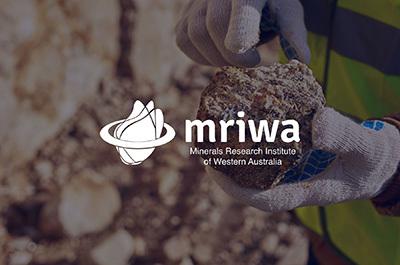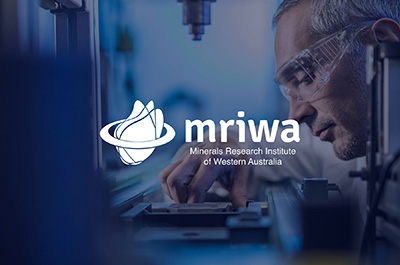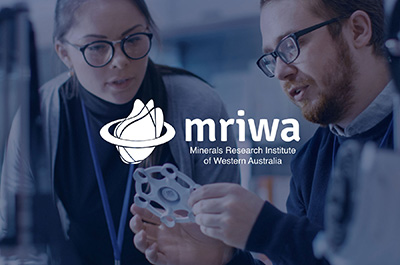Validation and Standardisation of Sequential Leaching Tools to Better Predict Impacts of Iron Ore Mining – Phase 2
Project Overview
Project Number
Total Grant Value
Program Area
MRIWA Contribution
Project Theme
Project Period
The Challenge
Kinetic leaching studies are a key tool for understanding the potential outcomes of long-term environmental exposure of mineral processing by-products and low-grade ore associated with the mining of base metals. These benchmark tests can take years to complete and represent a significant rate-limiting factor on the assessment of proposed mining activity under the Environmental Protection Act, 1987.
Proposed Solution
Accelerated sequential leaching methods, previously developed under MRIWA project M0432, could provide a rapid filter to identify materials with potential to impact ground and surface water quality, helping rule out the need for time-consuming and resource-intensive kinetic leaching studies on materials with low potential for environmental impact.
This study seeks to validate a workflow for assessing the use of sequential leaching methods as an initial tool for evaluating the environmental leaching behaviour of low-risk classes of iron ore mining by-products from the Pilbara region of WA.
Proposed Benefits to WA
As part of a risk-based assessment process, sequential leaching methods could support more effective and responsive environmental planning and management of mine site activities. These efficiencies could both reduce whole-of-life operational mine costs, and support the early identification and management of environmental risks.
Key words: Leaching; Mineral processing; Geochemistry
Similar Projects
Page was last reviewed 7 June 2023



